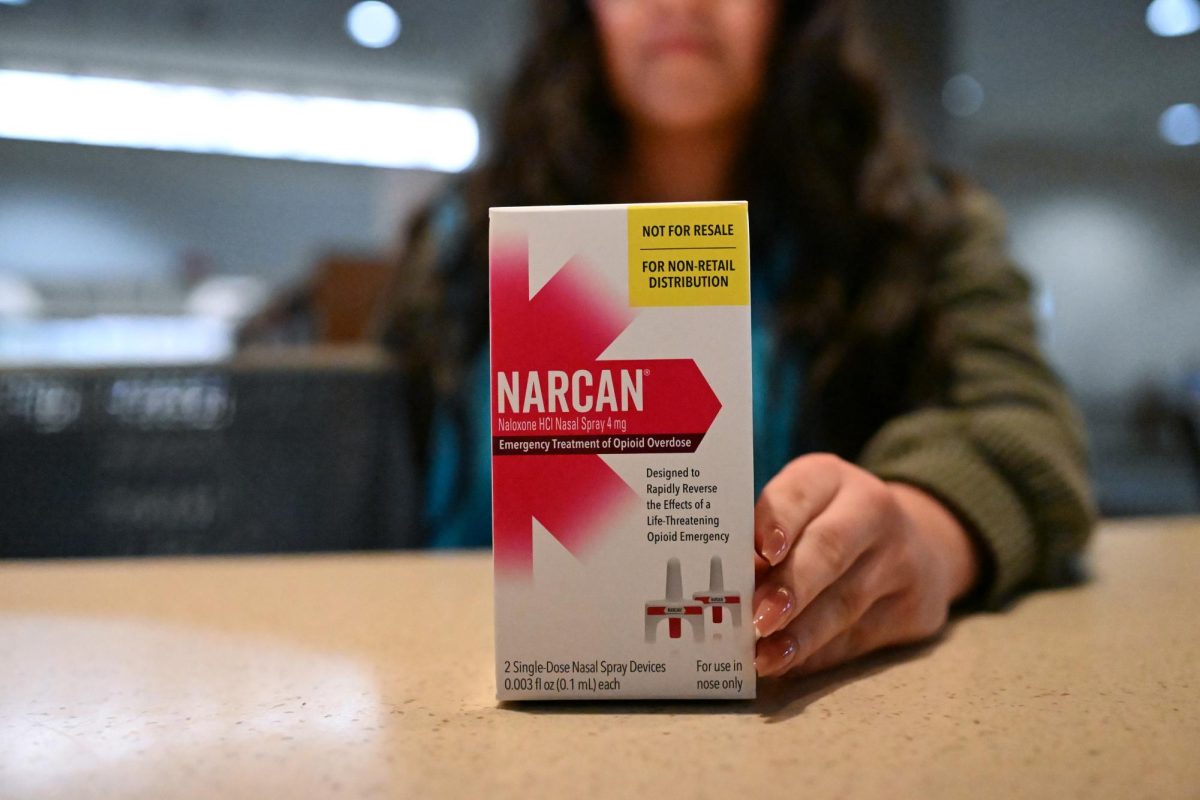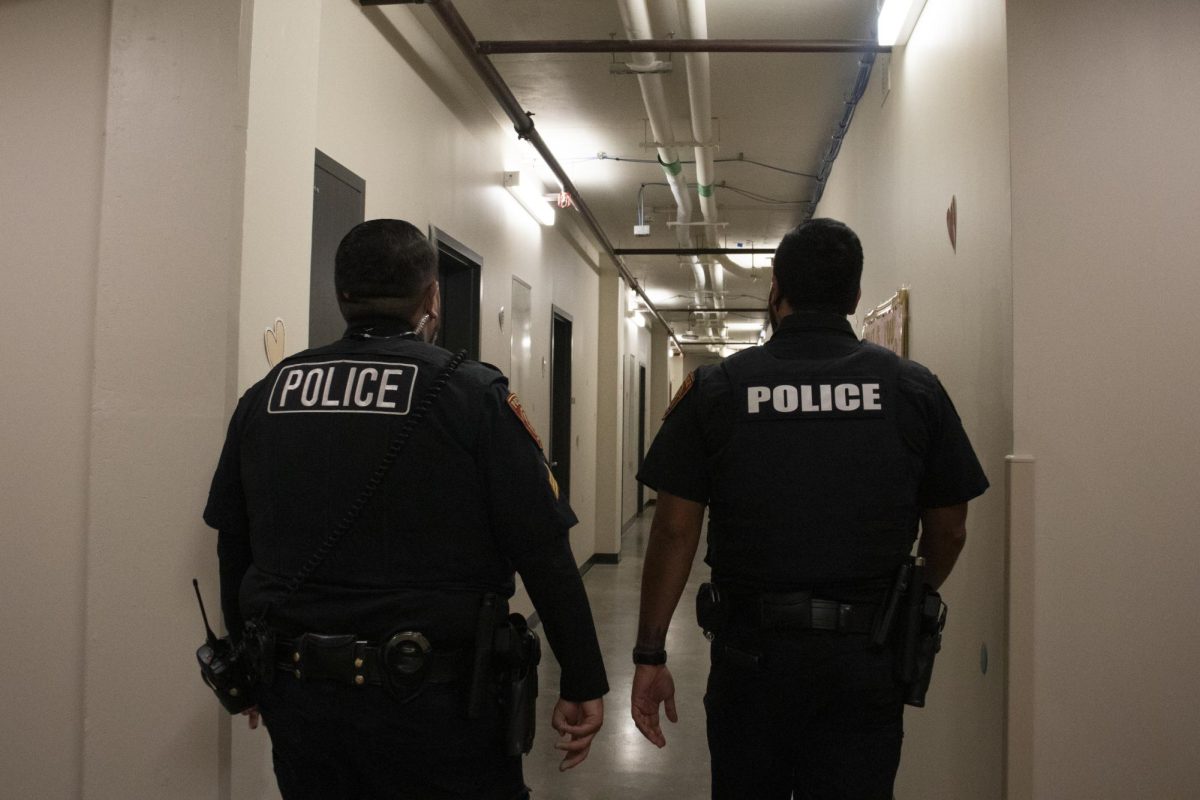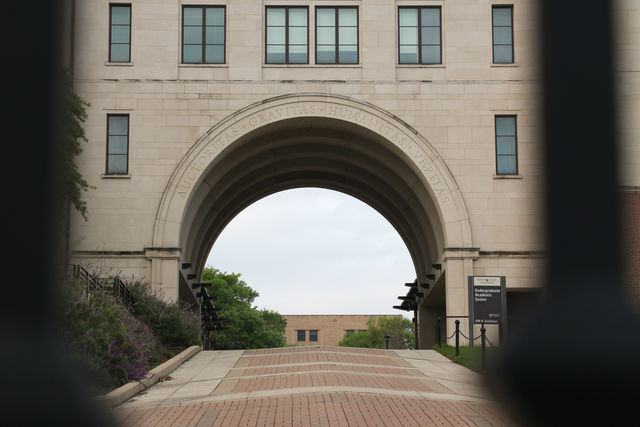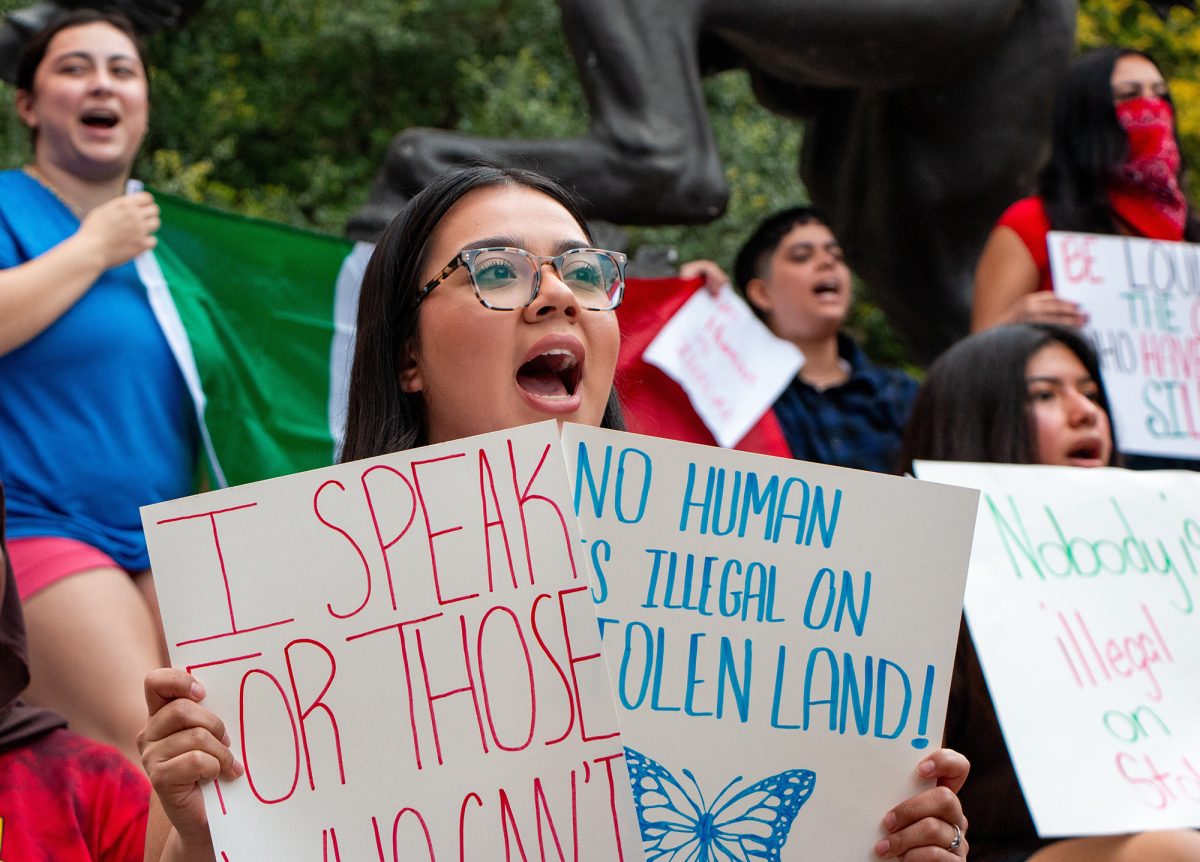Texas State dropped the ball while communicating with students, faculty and staff about the confirmed measles case and its risk status.
At midnight on Feb. 23, the Division of Student Success sent an email stating an individual from Gaines County who toured the San Marcos campus on Feb. 14 tested positive for measles.
The University Star reached out to the Senior Media Relations Manager to get more information on the case and plans regarding the infected individual. However, we were met with zero information.
Less than an hour later, we talked to Hays County and immediately got a phone call and written interview that answered all of our questions. To our shock: Natalie Frels, Hays County communications manager, said the risk of residents getting infected is low due to the infected individual’s symptoms not starting until Feb. 20.
“The individual visited San Marcos outside the most optimal time for virus transition,” Frels said. “These two facts alone give us a little confidence that we won’t see spread [in Hays County].”
Texas State did not convey this information to students, faculty and staff, even though they claimed they are “working closely with the Hays County Health Department to identify and notify anyone who may have been exposed to the infected individual.”
Additionally, despite The Star asking multiple people if the infected individual was with a group tour provided through the university, we were told the information was not available.
With measles being “highly contagious” according to the Centers for Disease Control and Prevention (CDC), students and faculty members across the university immediately became concerned. Texas State had the golden opportunity to manage those fears and give the community the facts and information they needed. Instead, the university has provided little information and forced people to find resources on their own.
We also reached out to University Health Services to get localized information for students. We were given no responses by the university’s central health location about a potential health crisis.
This lack of substantial response by the university for plans surrounding the measles case puts serious doubt in our eyes if a situation like this were to happen again.
We were told there are no plans for quarantining or changing the way tours are done for the next couple of weeks. We are lucky that the risk of additional spread is low, but if Texas State cannot properly communicate with their community for a low-risk case, how will they respond when the situation is worse?
COVID-19 taught us public health should be taken seriously and measles is a more infectious disease according to the CDC. This flippant response shows a lack of care for the situation and how this could impact the university, especially since the measles, mumps and rubella (MMR) vaccine is not required for students.
This is not the first time the university has faltered in responding to a crisis. When the sale of University Camp was on the November 2023 Board of Regents Agenda, the university did not communicate with the community at all even though this was a sale that would impact the entire university. It wasn’t until The University Star released stories about the sale, with no information given by the university, that Texas State responded and informed the community of what was going on.
These patterns of subpar communication should bring concern to the minds of students, faculty and staff. If a crisis happens again, can we trust that the community will get the right information or will we once again suffer in silence?











